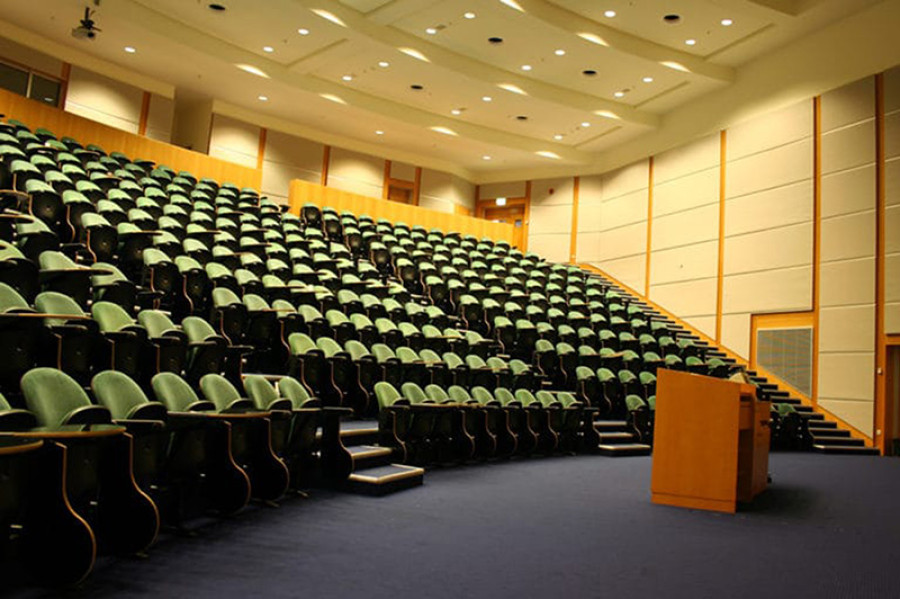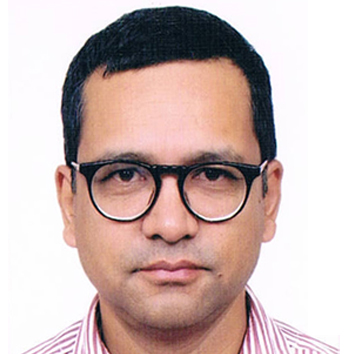Miscellaneous
World-rankings versus functional universities
I am not a fan of world rankings of universities and I don’t think those interested in reforming higher education in Nepal should be obsessed with such rankings.
Pratyoush Onta
I am not a fan of world rankings of universities and I don’t think those interested in reforming higher education in Nepal should be obsessed with such rankings. I would rather that we have several functional universities where good teaching happens and some universities with a fair degree of competence in research, even if they are ranked low in any of the currently used world ranking systems.
Before I explain why I feel this way, there is a need to dispel one thought. I am not afraid of world rankings and I know what it means to be a student in world-class universities. For 12 long years, I was a student in two such universities. During and after my student life, I have had the privilege to attend conferences or give talks at many of the world-class universities in the US and the UK. Hence, when someone says ‘world-class university’, I am tempted to shout, “Yes, been there.”

Criticisms of world rankings
Why am I not a fan of world rankings then? To begin with, such rankings are based on somewhat spurious techniques of data gathering and analysis. As Bahram Bekhradnia of the UK based Higher Education Policy Institute pointed out in a recent report titled ‘International University Rankings: For Good or Ill?’, comparable data for many of the world’s universities are simply not available. He writes: “Valid comparisons require confidence that the data on which the rankings are based have been gathered to comparable standards and using the same definitions. No such confidence exists...” As he further points out, data used for ranking calculations are self-provided by universities and there simply aren’t adequate accuracy audits of these submitted data before they are used. He also points out that the university “reputation surveys” used by some of the ranking systems for data generation suffer from “doubts over the sample used, quite apart from the question of whether such surveys provide meaningful indications of quality.”
In his report, Bekhradnia also points out how ordinal ranking lists are susceptible to differential weights provided to the indicators used in the calculations. Hence he writes, “It could be that with slightly different weights attached to different indicators or indeed with different indicators, very different results” are achieved. It is also clear that the way in which world rankings are worked out has a clear bias for research production and do not take good teaching seriously into the calculation process (the only proxy in this regard seems to be the student teacher ratio). In addition, there is also a clear bias for English as the language of research production.
Some of these criticisms of world rankings are well known, but such systems persist partly because they help university administrators to engage in branding and marketing strategies to attract students, faculty, and donors to their institutions. In addition, there is a prestige economy where ranks have a signaling value that is useful for exchange in the social world outside of the university. They “speak” to folks in societies obsessed with rankings such as those in Nepal. Some such folks in our country refer to ranking systems to rhetorically pummel Nepali universities which do not rank even in the first 3,000. This allows them to do at least two things at once: Show their familiarity with the ranking system as some sort of a knowledgeable “global citizen” and take part in any-sector-is-game bashing that goes on endlessly in Nepal.
Our obsession and impediments
On the other end, our obsession with such rankings are also manifested in casual statements where seemingly knowledgeable folks proclaim that Nepal can have a world-class university in the next 25-30 years since, in their words, “countries like Singapore have done it,” in similar time spans. I would love to live long enough to see this happen in our country and if it did, I would be a very happy man. However, thinking more soberly, I don’t think we can get there in so short a time. The reasons should be obvious.
First, if world rankings are going to be based on research publications, I don’t see this coming in 25-30 years because, it takes much longer to establish a research production culture in a country where its current base is very weak. The culture I refer to includes a broad commitment to excellence in every step of the research planning and execution process. Second, research needs public and private sector funding. As we all know, the public funding scheme to support research in Nepal is very weak. Public support for universities exists but the percentage of earmarked money that supports research directly is very low and I don’t see how this can grow significantly in a country where the demand is more severe in other sectors. Private sector funding is almost non-existent because there aren’t many business houses with great net worth. The few who could support relatively small ventures prefer not to because they fear that their formal association with research producing entities might interfere in the execution of their business interests.
Third, research needs a culture of peer vetting and that practice cannot flourish so easily in a society deeply immersed in age and gender specific hierarchies. Quality assessments can only be made when our reverence for the person who produces research is distinguished from our evaluations of its worth in academic terms. In a culture that thrives on “phalanolai phalanole diyecha,” peer review exists more as the self-assertions of a drunkard than a practice to which a large number of academic practitioners are committed to in an everyday basis.
Fourth, research needs a culture of mentoring of members of the new generation. Our record in speaking down to young academics is much more robust than our techniques in welcoming and encouraging them in the profession. Finally, our English abilities are still very limited. As I argued in this newspaper some weeks ago, this is a not a requirement for Nepali academia to flourish but it becomes an issue if we want to be part of the world rankings game.
Someone might tell me that the money currently missing in the research domain in Nepal will be found somehow (that would be a miracle), but a culture of commitment to overall excellence, to peer review and to mentoring cannot be bought at the Bhatbhateni Supermarket in-country or Amazon.com elsewhere. They need to be home-grown and one generation is too short a time for that to be achieved in our context.
Functional universities
Instead of world-ranking obsessions I would rather that Nepal had several functional universities. My definition of a functional university is simple: It is an institution that does the basic work of a university. This includes good teaching in both the undergraduate and graduate student levels in a variety of disciplines. While not every functional university needs to have the full portfolio of courses in all of the social science and science disciplines, each should have a good set of courses in offer from a number of such disciplines. Students in the social science disciplines will not only be expected to read intensively, they will also be expected to write critically and repeatedly.
In my functional university, while almost all teachers will have a commitment to teaching young minds, some will also have the orientation and the skills to do research at a good competence level. For research to be meaningful, the graduate programmes will need to have research requirements both at the Masters and doctoral levels. Faculty members will be expected to run seminars and conferences. Research students will have real help while trying to write up their research outputs.
Such functional universities will need to be completely autonomous in academic and administrative terms. They might be supported with public money but partisan politics of the political party kind has no place in their daily operation. Academic calendars should have a predictable routine. Classes should be held on time and students should graduate with degrees in a fixed time-span. A commitment to the life of the mind should dominate all else in the priority of the faculty, students and administrators.
World-class universities are, for the most part, functional universities. But functional universities need not be world-class in the ranking systems currently in use. Execution of the commitment to the overall enhancement of the students’ critical abilities, and not an obsession with world rankings, is the main focus.
I believe we should and can create such functional universities in Nepal within the next generation. They can come in the form of new creations or as seriously resurrected avatars of our existing universities. The world rankings can wait! v
The author tweets @pratyoushonta




 9.7°C Kathmandu
9.7°C Kathmandu










